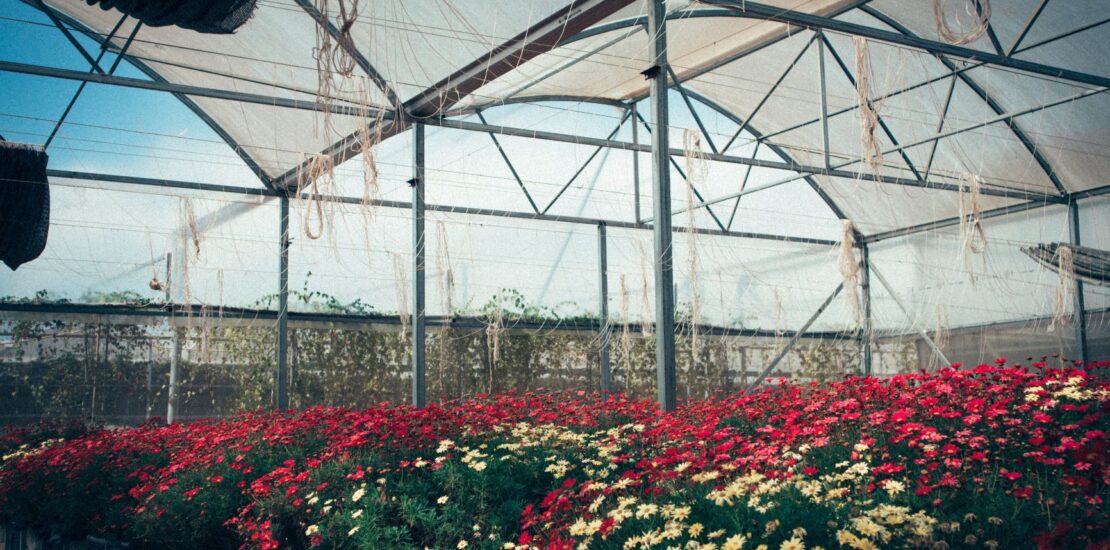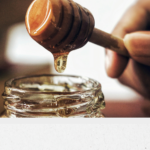Global flower industry
- 17/04/2020
- Posted by: Gaetan Dermien
- Category: News

Provided by Union Fleurs – International Flower Trade Association
The gradual relaxation of lockdown measures in some European countries (Spain, Denmark, Germany) and the effective or planned re-opening of garden centres and/or flower shops (Belgium, Italy, Austria) offer some breathing space for demand of flowers and plants on the European market, which is starting to grow slightly, though nowhere close to the usual volumes known in the peak spring season across Europe. Easter has been generating some very welcome sales in some European countries such as Germany, with most of the benefit going to locally produced plants. Consumers in Northern European countries in particular, where specialised shops are mostly open, have responded enthusiastically to the promotion campaigns and bought flowers and plants to help the industry. Market prospects for spring flower-related celebrations are still uncertain, though, and operators around the world have now set their sights on Mother’s Day celebrations in Europe and the USA over May–June, hoping that the market and logistics connections will have sufficiently restored by then to help save a disastrous start of the spring season to some extent.
On 15 April, Dutch Minister for Agriculture Carola Schouten wrote an official letter to the Dutch House of Representatives to announce that an additional 600 million EUR emergency financial compensation fund would be offered to the Dutch ornamental sector, also extended to edible horticulture. The objective is to help compensate lost operating profits in the period March–May 2020. The basic principle is that the first 30% of the profit loss would be borne by entrepreneurial risk, and that the Dutch State will compensate a large share of the remaining 70%. This long-awaited announcement is very welcome to the Dutch ornamental sector. Details and practicalities of this emergency package still need to be supplied.
Meanwhile, the domino effect continues to unfold across the worldwide industry, with full effect having reached major flower-producing areas in Africa and South America in weeks 14 and 15. These countries are faced with very specific challenges both in managing the pandemic and in sustaining floriculture operations under extremely complex circumstances. Globally, almost all international scheduled airlines have ceased to operate, and the traditional airbridges to key destination markets have limited availability and at price levels that are largely unstainable for flower suppliers from the Southern hemisphere. Linkage to consumption markets where sales channels are operating, including supermarkets and online flower retailers, is therefore still under great pressure. Flower industry bodies such as the Kenya Flower Council are actively engaged with airlines, freighters and other stakeholders in the supply chain to find a sustainable way forward and secure additional freight capacity as soon as possible.
Union Fleurs – International Flower Trade Association – has been actively engaged since the start of the crisis in advocacy efforts at all levels to support its members in Europe and in the Southern Hemisphere. A statement on the specific challenges faced by the global flower industry and supply chain was issued by the organisation on 15 April and has been widely distributed across its large network of industry partners and institutional relations to support advocacy efforts and promote the value and strength of the international flower industry, which is highly interdependent and integrated throughout the value chain.
Targeted advocacy efforts to secure extraordinary and urgent financial support by the European Commission towards the European ornamental sector have also been heavily deployed in past weeks. In an unprecedented move, nine major representatives of the ornamental sector, representing altogether all segments and sub-sectors of flowers and live plants across the EU, sent a joint letter to the European Commissioner for Agriculture on 10 April. The letter urges the EU to implement urgent and extraordinary tailor-made support measures for producers and all operators of the ornamental sector across Europe. Coordinated by Union Fleurs, this initiative and the call for urgent help have been well echoed and supported by key Members of the European Parliament and have received great visibility across the media.
The nine signatory organisations are specifically calling for:
- Urgent and temporary extraordinary EU tailor-made support measures to help producers and all operators from the sector across the EU simply survive the crisis until activity can re-start.
- A strong and concrete signal from the European Commission that flowers and live plants do matter, and are a major contributor to the well-being and quality of life of European citizens, and to climate change mitigation efforts and biodiversity protection.
- And a clear recognition at EU level that investing now in this sector to help it stay afloat will avoid further long-lasting and irremediable effects on the economic and employment activity, remarkably created and sustained by the wide range of operators in this sector for decades without any intervention or support from the EU.
“Extraordinary circumstances do require extraordinary measures. This sector is a remarkably healthy and high-performing economic sector that brings joy, colour, hope, nature and well-being to all citizens across the EU and beyond. Failing to support it now as it faces a dramatic collapse across the EU would be a major and irremediable failure from the EU. We call on the European Commission to do its utmost to act swiftly and pragmatically and help this sector survive until the adequate conditions are there again for it to re-start its essential activities.”
The signatories to the letter are: UNION FLEURS (International Flower Trade Association), ENA (European Nurserystock Association), ARELFH (Assembly of European Horticultural Regions), VBN (Association of Dutch Flower auctions), VAL’HOR – French inter-branch organisation for ornamental horticulture (growers, nurseries, seeds companies, garden centres, wholesalers, florists, agro-shops, landscape contractors and landscape architects), ANTHOS (Royal Trade Association for Flower Bulbs), CIOPORA (International Association of Breeders of Asexually Reproduced Horticultural Varieties), FLEUROSELECT (International Association of breeders, producers and distributors of propagation material of ornamental plants) and ELCA (European Landscape Contractors Association).




